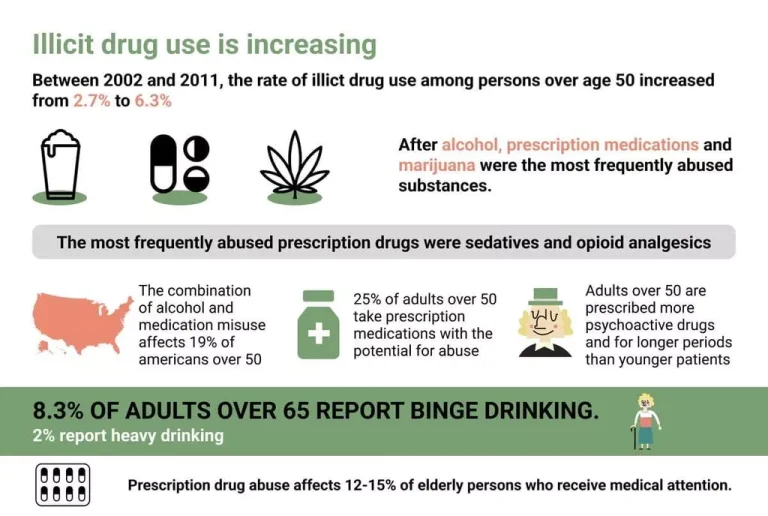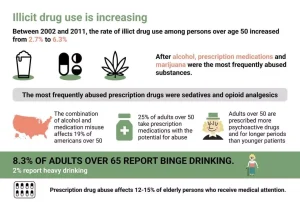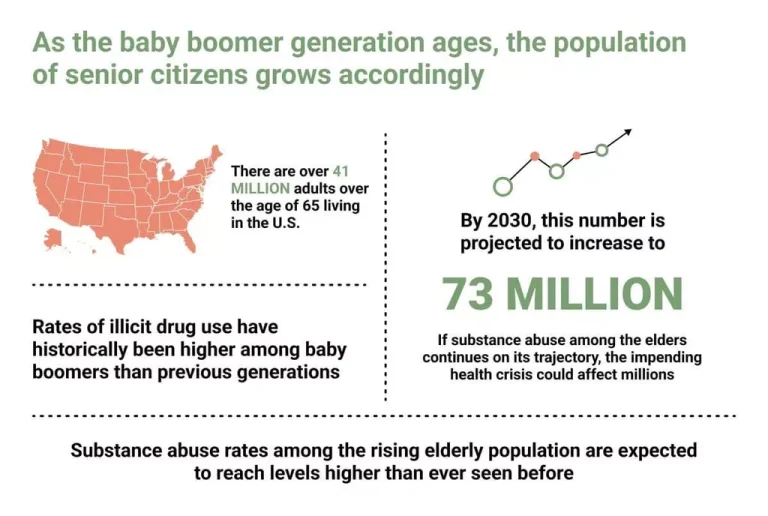
Kidney Care UK also offers resources and support including a telephone counselling service that you may find useful. People with type 2 diabetes and kidney disease might have a different type of medication called sodium-glucose cotransporter-2 inhibitors, or SGLT-2 inhibitors. Both ACE inhibitors and ARBs help to protect the kidneys from further damage, as well as lower blood pressure. That’s why they are also made available to people without high blood pressure.
- Dr. Volkow’s work has been instrumental in demonstrating that drug addiction is a brain disorder.
- Pacing yourself (aiming to drink one drink or less every hour), and drinking water between alcoholic drinks may reduce the severity of a hangover.
- Alcohol treatment medicines like Acamprosate and Naltrexone may be prescribed to block the effects of relapse or decrease alcohol cravings.
- “The good news is that earlier stages of steatotic liver disease are usually completely reversible in about four to six weeks if you abstain from drinking alcohol,” Dr. Sengupta assures.
- The synaptic transmission is heavily disturbed and altered by ethanol, and the intrinsic excitability in various areas of the brain is also compromised.
Cancer
- It takes one hour for your body to process one standard drink – nothing will speed up this process.
- Through private detox, abstinence, and a healthy diet, brain scans show some consequences of heavy drinking can be undone.
- The reality is that alcohol affects every single organ in the body negatively, and that includes the brain.
- Acute alcohol withdrawal is hazardous and should always be managed through a medical detox administered by professionals.
- If a person consumes large amounts of alcohol regularly, their tolerance can increase, and the body requires more alcohol to achieve the desired effect.
Heavy alcohol use can disturb the endocrine system, disrupting the hormones that help maintain the body’s stability and health. Drinking also impacts the sex-related hormones of testosterone and estrogen. This can also create a negative correlation between alcohol and sex drive. This can deregulate menstrual cycles, cause or worsen infertility, and most disconcertingly, be a risk factor for some estrogen-mediated breast cancers.
The Short– and Long-Term Effects of Alcohol on The Body

Your doctor may offer you tablets to help with this, such as ACE inhibitors and ARBs. These are both groups of medications with several different drugs available in each group. Rehab Guide recommend some form of inpatient detox at a rehab centre. This increases the well-being of the patient as well as their prospects of a successful recovery. Through private detox, abstinence, and a healthy diet, brain scans show some consequences of heavy drinking can be undone.
About Medical News Today
- 2015 — NIDA-supported research leads to FDA approval of the first naloxone nasal spray.
- Alcohol can also disrupt the balance of bacteria in your gut microbiome (the community of microbes that live in your digestive tract), leading to an overgrowth of certain bacteria that contribute to GI inflammation and diarrhea.
- Trained in addictionology in the Johnson Model, and specialising in substance abuse for individual and couple counselling.
- Serious symptoms of withdrawal that require assistance from medical professionals occur in heavy drinkers.
- These effects may be more serious and more noticeable if you drink regularly and tend to have more than 1 or 2 drinks when you do.
A night of drinking can cause uncomfortable symptoms like diarrhea, nausea, and vomiting. Chronic and excessive alcohol use disrupts the balance of bacteria in the gut microbiome (dysbiosis). Over time, this imbalance triggers chronic gastrointestinal inflammation, leading to a higher risk of gastrointestinal diseases. Firstly, unhealthy drinking habits can lower dopamine levels and decrease endorphins over time. The way extended alcohol use depletes these “happy hormones” can exacerbate or cause mental health conditions like anxiety and depression.

Chronic alcoholism is found to have a very strong relationship with both acute pancreatitis and chronic pancreatitis. Chronic alcohol intake impairs the repair ability of the structures of Long term Effects of Alcohol on the Body the exocrine pancreas, thereby leading to pancreatic dysfunctioning 14. Most of the patients diagnosed with pancreatitis have a strong history of chronic intake of alcohol. Liver diseases related to alcohol intake are known to humankind from the very beginning and probably are one of the oldest known forms of injury to the liver 15.
Alcohol intolerance

Heavy drinking can also lead to a host of health concerns, like brain damage, heart disease, cirrhosis of the liver and even certain kinds of cancer. Drinking heavily and frequently increases the risk of long-term damage being sustained by the brain. Some alcohol-related brain damage, like Korsakoff Syndrome, can be irreversible. Genetics can also have an impact on who is more susceptible to alcohol-related brain damage in those who drink heavily. NIDA launches the Adolescent Brain Cognitive Development (ABCD) Study.
The short-term after-effects of alcohol on the brain – The hangover
Chronic alcohol use causes hormone imbalances in both men and women and leads to problems with fertility. Excess alcohol use can also impair nutrient absorption in the small intestine and increase the risk of malnutrition. Considering these hormonal dysregulations, unhealthy alcohol use can also contribute to low bone density for older men and post-menopausal women. Low bone density can increase the likelihood of osteoporosis, Sober living house vertebral fractures, wrist fractures, and hip fractures. A general anaesthetic is used if other types of anaesthetic are not suitable.


See the guidelines for more advice on levels of drinking, or read this fact sheet from the Alcohol and Drug Foundation . If you are regularly experiencing hangovers, or hangovers are affecting your relationships, work or life in general, talk to your doctor about potentially cutting back your drinking. Prior to the Vietnam war less than a handful of patients had diagnosed in the United States in the twentieth century.
- But drinking any amount of alcohol can potentially lead to unwanted health consequences.
- But even low amounts of daily drinking and prolonged and heavy use of alcohol can lead to significant problems for your digestive system.
- Working with a physician can help you create a personalized plan for making a change.
- Chronic and excessive alcohol use disrupts the balance of bacteria in the gut microbiome (dysbiosis).
Through the ages, alcoholism has been undisputedly maintaining its position in the list of risk factors for preventable diseases in the world. According to a WHO report, 5.3% of all deaths that occurred worldwide in the year 2016 were because of harmful alcohol use 1. It is the main culprit behind the https://ecosoberhouse.com/article/how-to-recognize-the-warning-signs-and-symptoms/ advancing nature of many chronic diseases.